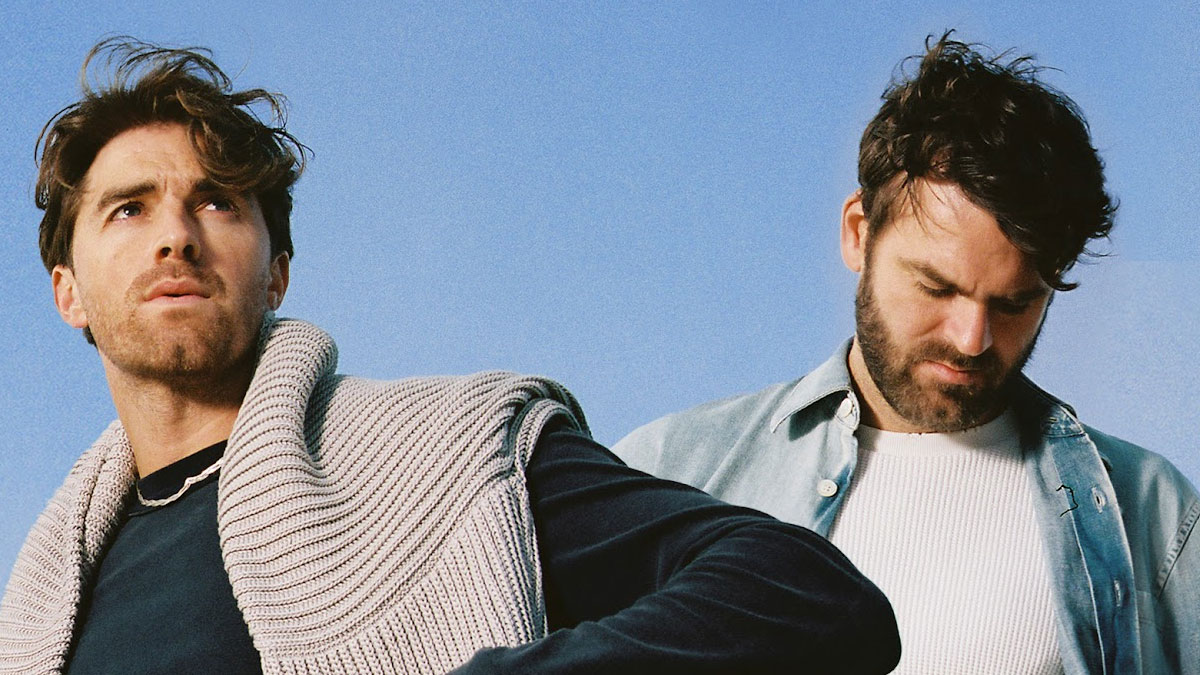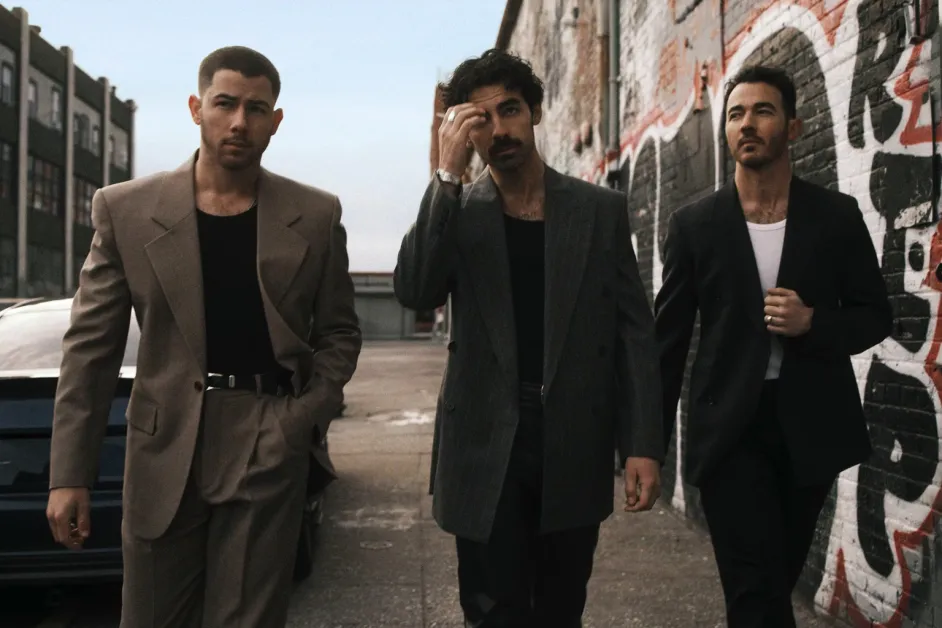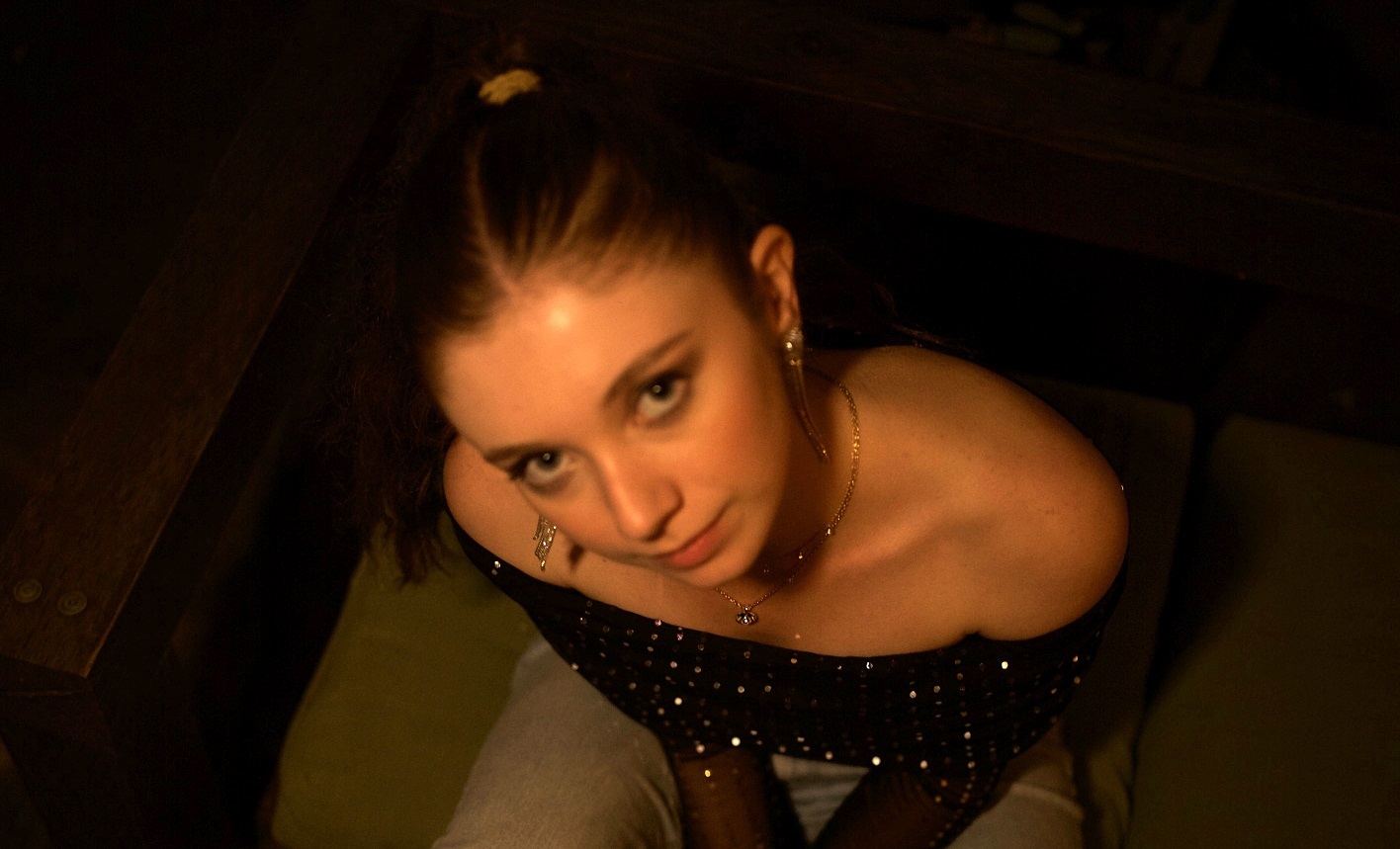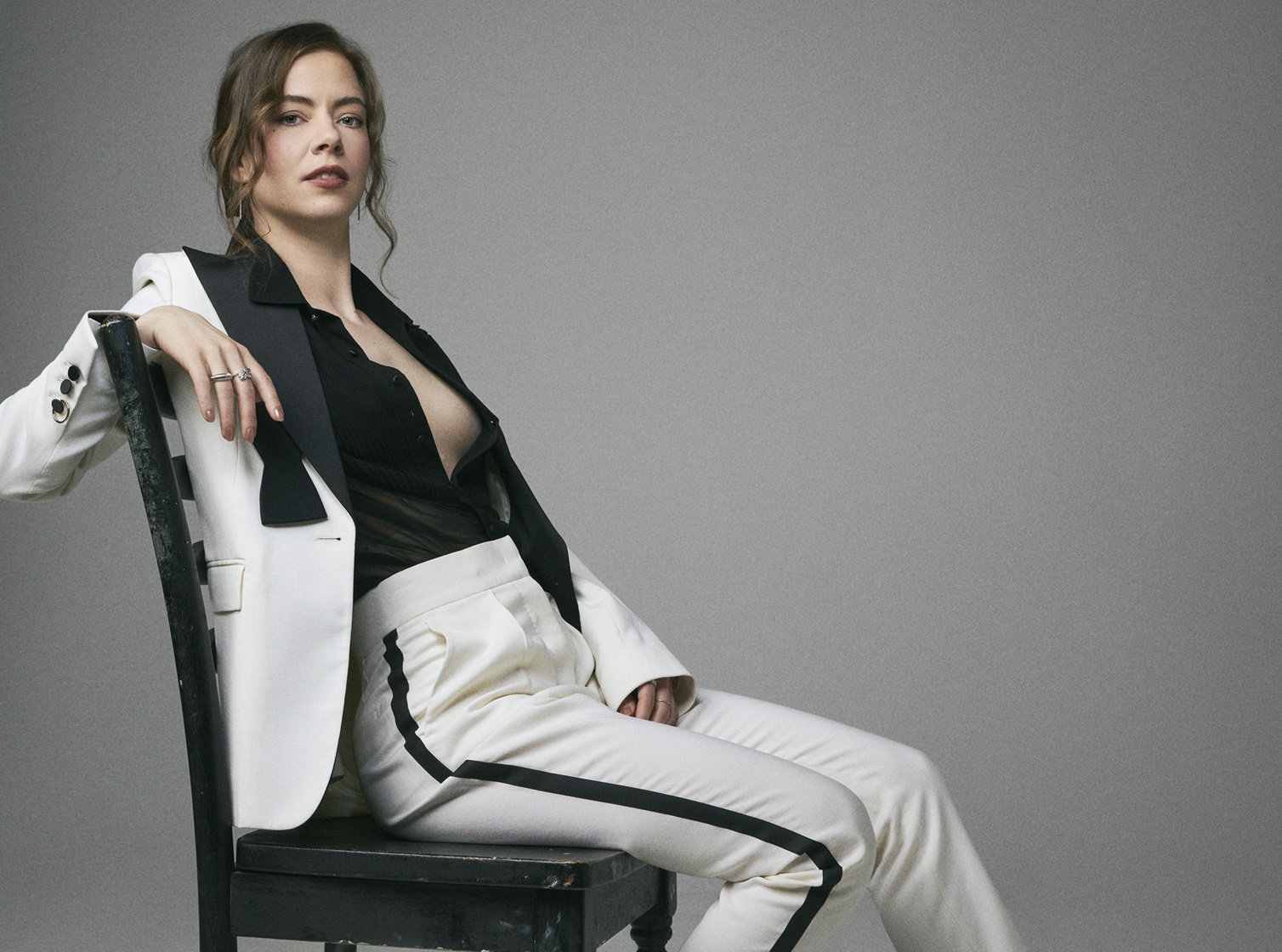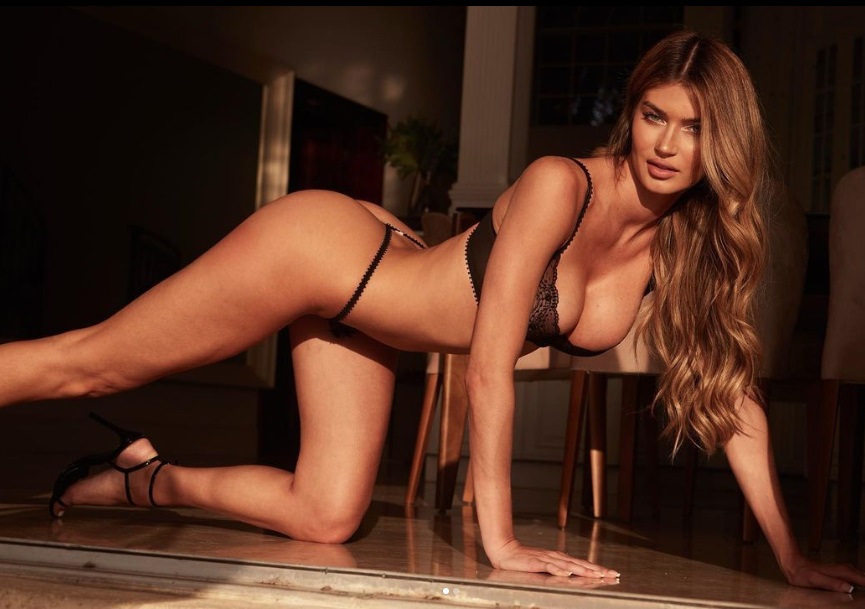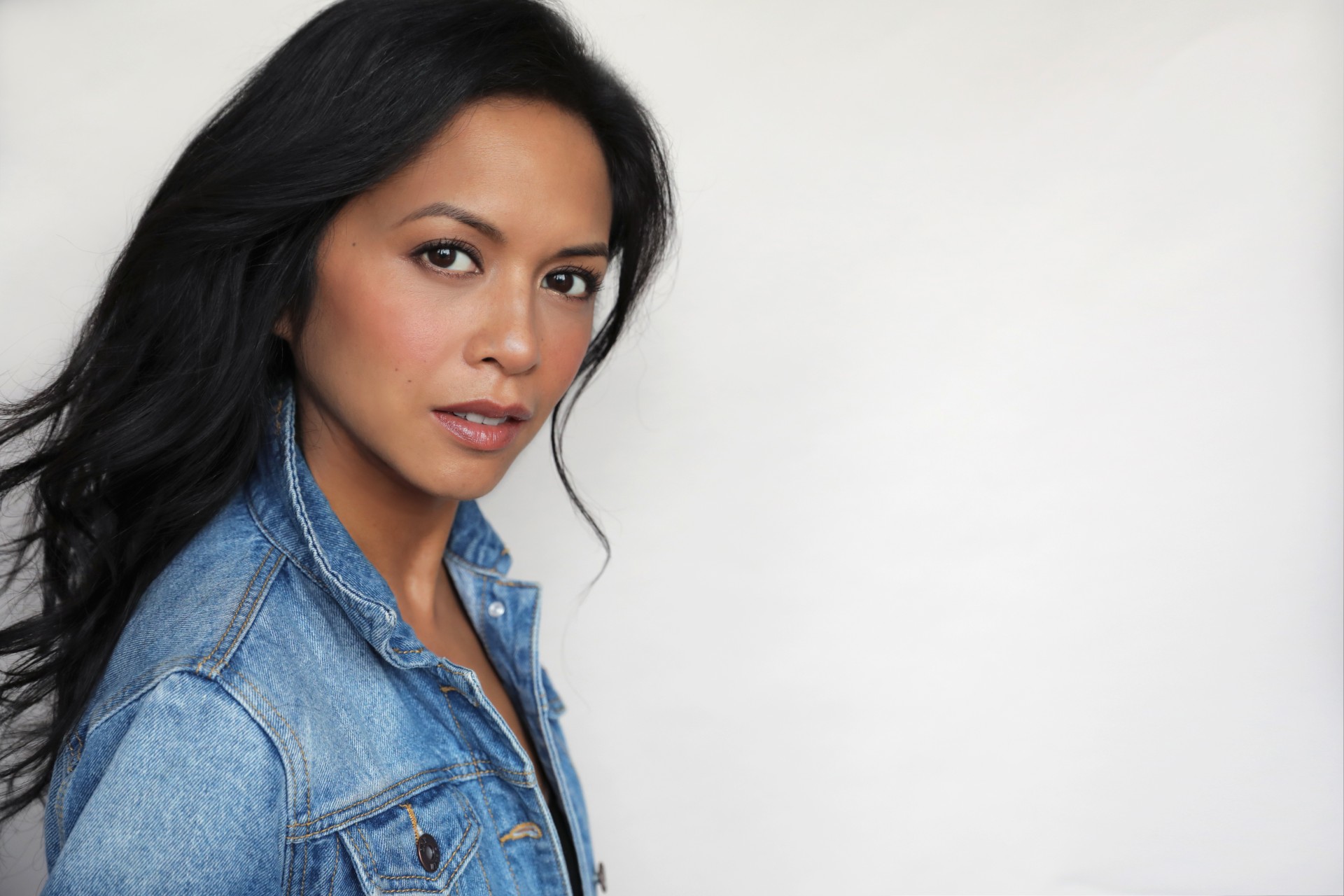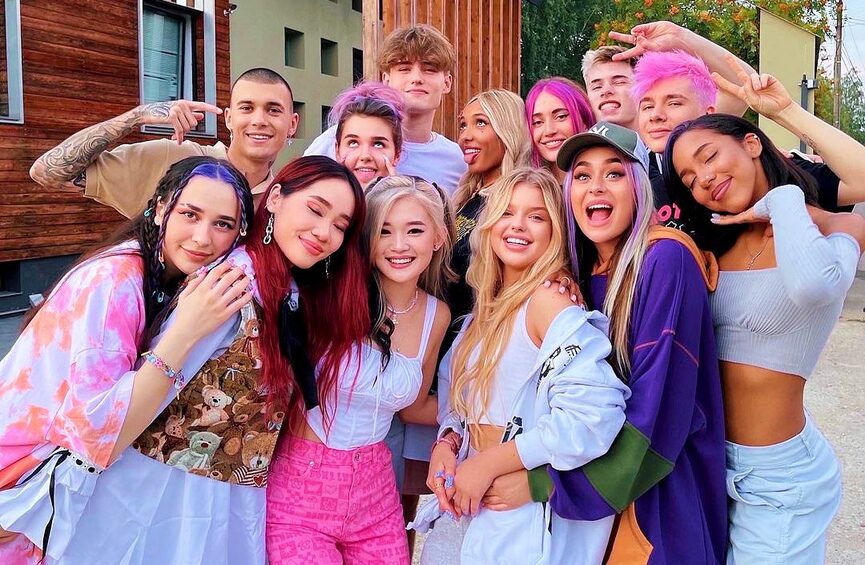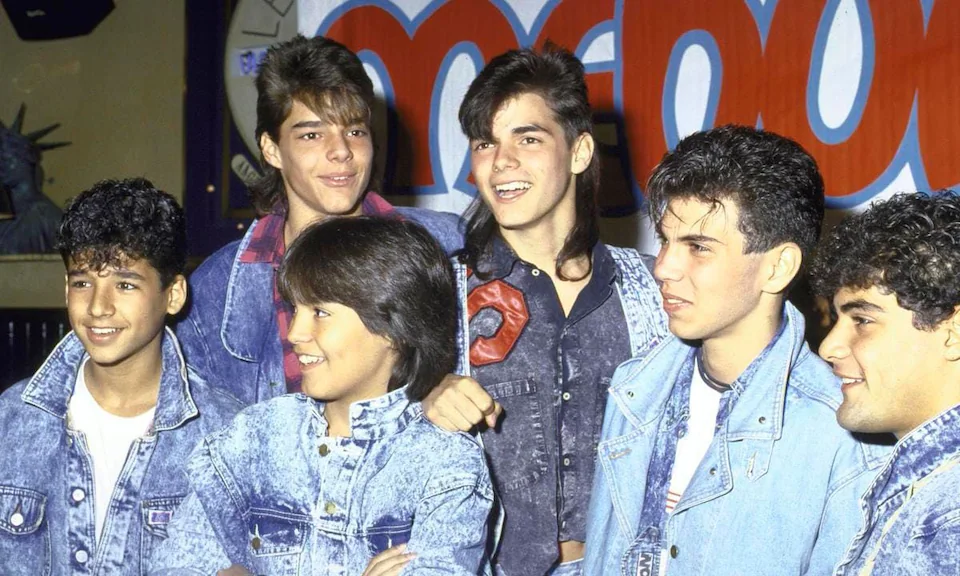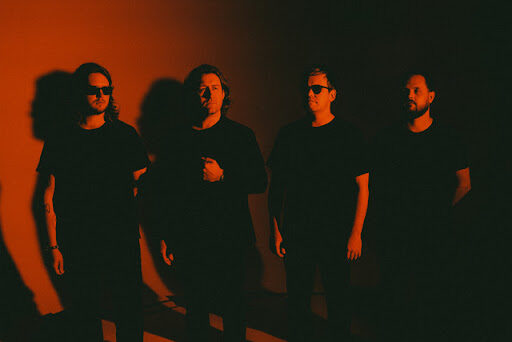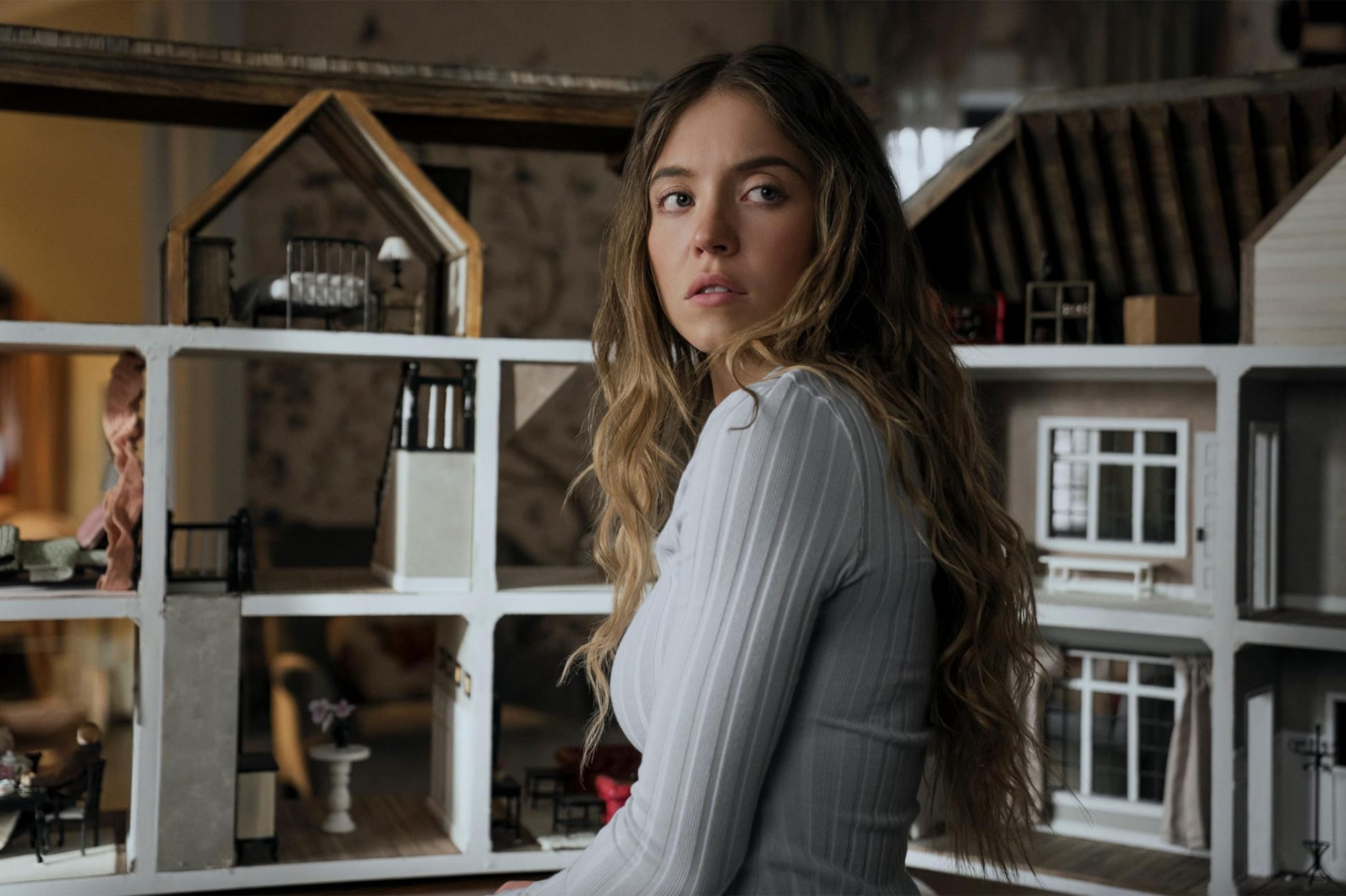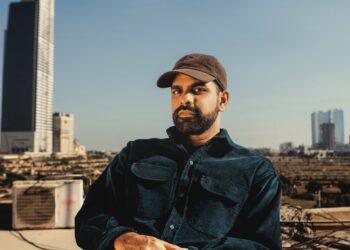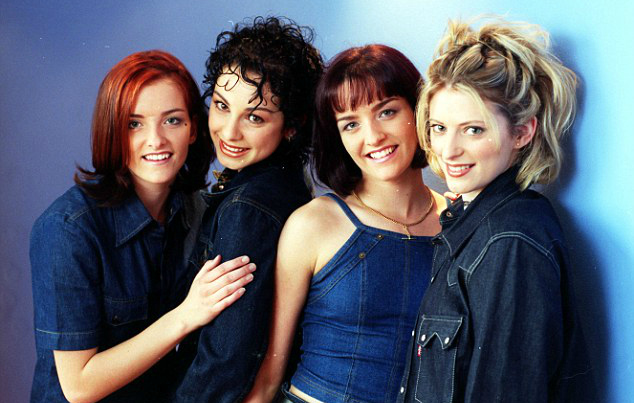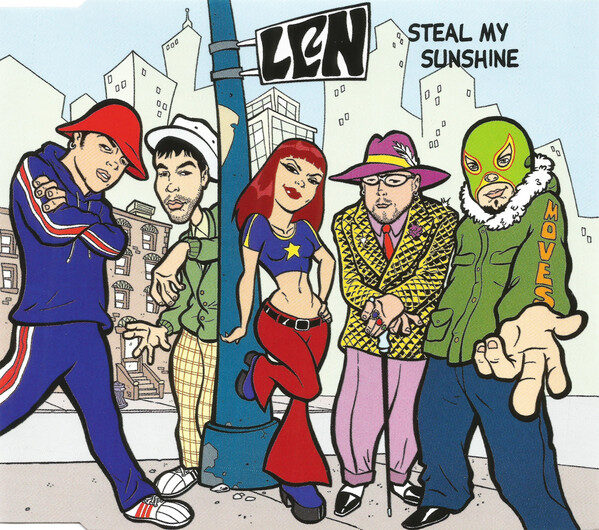Email:neill@outloudculture.com
Socials: @neillfrazer
Elena Sanchez has worked on over 100 movies & TV shows, ranging from $200K indies to $300M blockbusters, that have totaled over $10 Billion at the worldwide box office.
Born in Germany to a German mother and Spanish father, Elena started performing during her childhood in plays such as “Return to Neverland” and “The Nutcracker.” After graduating from Cornell University, she continued her studies at the Lee Strasberg Theatre & Film Institute in New York and the Royal Academy of Dramatic Art in London.
Elena’s feature film debut as an actress was the highly anticipated second installment of The Hunger Games films, Catching Fire, where she portrayed Cecelia, the tribute from District 8. She has since shared the screen acting opposite Nicolas Cage, Sam Rockwell, and Tim Roth, as well as performing alongside the likes of Tom Cruise, Sylvester Stallone, Chris Pratt, William Forsythe and Gerard Butler. Elena’s television appearances include roles on CBS’s NCIS: New Orleans, FOX’s Sleepy Hollow, and AMC’s The Walking Dead, where she memorably killed off bratty villain Sebastian Milton in the final season.
Elena has won a Screen Actors Guild Award for Outstanding Action Performance by a Stunt Ensemble in Avengers: Endgame, has been nominated five additional times, and has been nominated for two Taurus World Stunt Awards.
Elena can soon be seen in the murder mystery thriller Bone Face as Deputy McCully opposite Jeremy London, as well as showcasing her stunt skills in Captain America: Brave New World. She currently splits her time between Atlanta, GA and Los Angeles, CA.
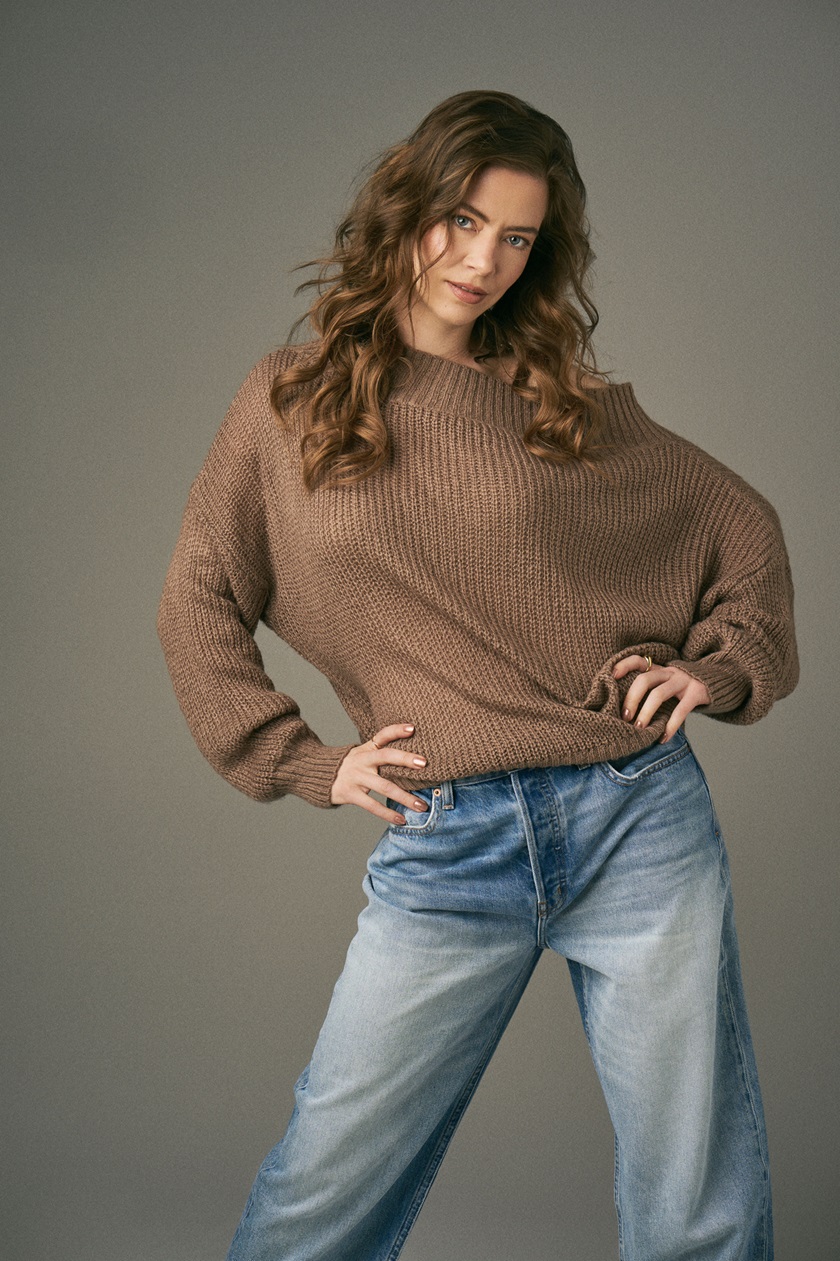
Elena, hello and welcome to OLC! You’re soon to take the screen in “Bone Face” which has an intriguing premise. What drew you to the role of Deputy McCully, and how did you prepare to portray a small-town deputy navigating such a chilling case?
Ever since seeing Rian Johnson’s Knives Out, I’ve wanted to do a murder mystery. I find them intriguing, and I like following the plot and trying to figure out what really happened. So, when Miles Doleac, producer on Bone Face, offered me this role, I jumped at the chance. As far as preparation, I spent a lot of time learning the script, so I knew it inside out. Emotionally, I tried to think about how I would react in a similar situation, while approaching the character matter-of-factly. I kept in mind that as a police officer I would have the training and knowledge to not let my emotions about a situation interfere with my duty to do my job.
You’ve worked across genres, from thrillers like Bone Face to blockbusters like Captain America: Brave New World. What do you find most exciting or challenging about switching between acting and stunt work?
Acting and doing stunts are similar in that they both involve performing, but they are very different in that acting involves your emotions, while stunts are mostly about physical movement. When I’m acting, I’m thinking about my character’s objectives and reactions, and when I’m performing stunts, I’m thinking about how to move my body in a certain way that effectively tells the action we are trying to tell, while doing it as safely as possible. I love combining the two, which we call “action acting,” where I get to play a role and do my own stunts that way you get the best of both worlds.
Your stunt work has earned you prestigious recognition, including a SAG Award for Avengers: Endgame. Can you share one of your most challenging or memorable stunt experiences?
The most memorable stunt is probably swinging from a helicopter in the arms of Spider-Man, surrounded by Atlanta skyscrapers. We weren’t sure if it was going to happen, because it looked like it was going to rain, and the clouds were starting to come down. At the last minute we got the green light and went for it. Obviously, a lot of preparation had gone into it –we had practiced the same thing at an airport outside of Atlanta, over wide-open fields. Doing it downtown was a whole different ball game. But I trusted my team, the pilots, and myself, and everything went off without a hitch.
Your film debut as Cecelia in The Hunger Games: Catching Fire introduced you to a massive global audience. What did that experience teach you about working on high-profile productions?
It was really amazing seeing such a huge production come together. It was the most anticipated movie of the year, and I felt so lucky to be working on it. I loved watching all of the different departments work their magic—from costumes to props to set decoration. I had worked on several big blockbusters already, but it was my first time working on a film that had such a huge built-in fan base! I remember we had some fans come visit the set, and they brought hard copies of the book for us to sign that really made me realize how much these stories meant to people. Now, it’s been over 10 years, and people still tell me how much they loved the books and the movies, and I’m really enjoying that new people are discovering them every year.
In Bone Face, you play a deputy investigating a series of brutal murders. Did the dark tone of the film influence your approach as an actor? How do you decompress after working on intense projects like this?
The dark tone of the film was definitely something I had to step into, to put myself in a headspace where I could react to what was happening. I was working with a bunch of my really good friends though, so in between scenes and after wrap we were laughing and joking and just enjoying our time together. We were also living together during the duration of the shoot, so I was never really alone and that also helped to not sink into a dark emotional place. The hardest part about finishing a shoot is that you go from being surrounded by friends 24/7 to leaving them and the project behind… until you get lucky enough to do another one.
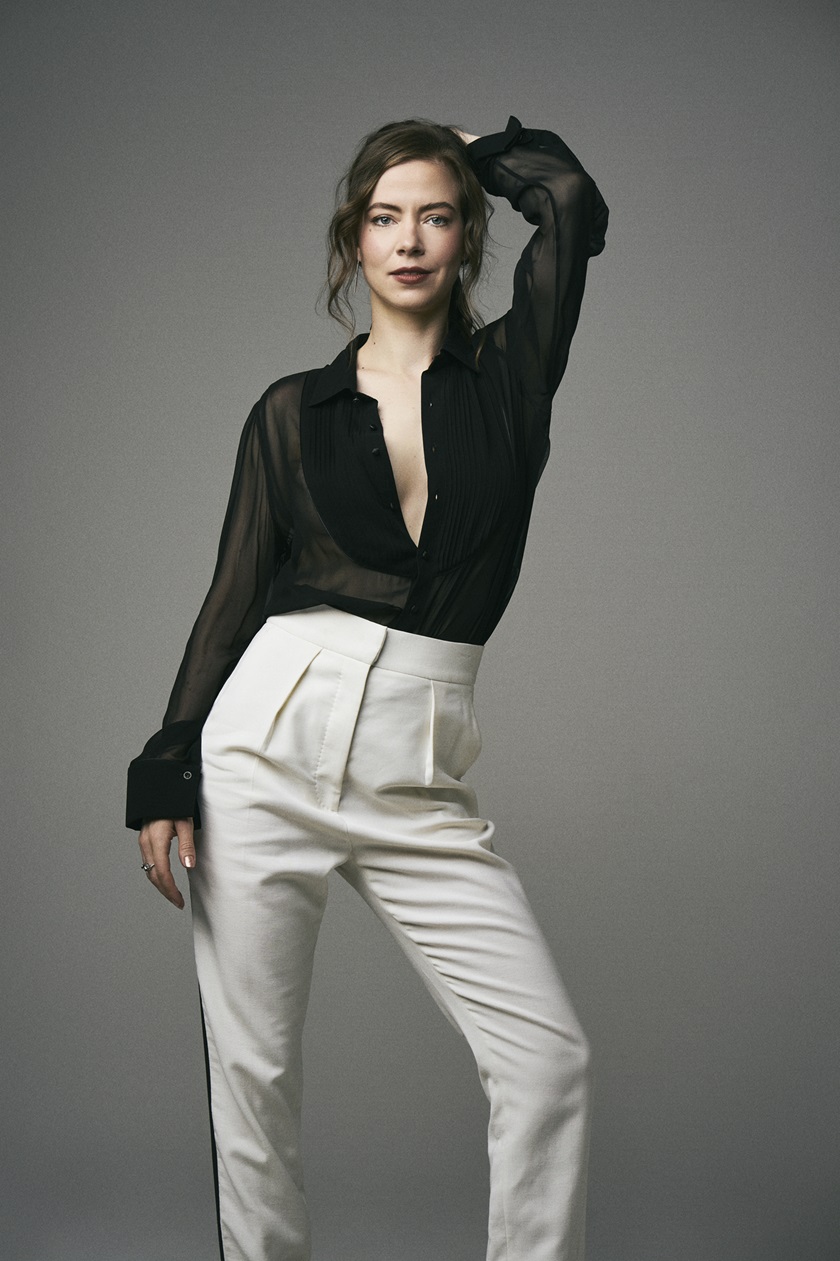
You’ve had the opportunity to act alongside iconic actors like Nicolas Cage, Sam Rockwell, and Tim Roth. What have been the most valuable lessons you’ve learned from working with them?
I think the main thing I’ve learned is to be ready and open to everything. Some actors are very quiet and want to keep to themselves, especially during emotional scenes. It’s hard to get to a difficult emotional place if you’re talking about random stuff in between takes, so that’s understandable. Some actors are super friendly and want to get to know you, to be more comfortable when they’re acting alongside you. Some actors always go by the script, and some want to improvise, so be ready for that as well. That’s happened to me even as a stunt double. I was doubling for Ashley Judd in Olympus Has Fallen and Aaron Eckhart started improvising with me during the scene. Luckily, I knew to follow his lead and was able to go along with it. That’s why it’s super important to take acting and improv classes, whether you want to be an actor or a stunt performer.
As someone who has performed both stunts and acting roles, what unique perspective do you bring to your acting because of your experience as a stunt performer?
As a stunt performer, I had the opportunity to learn and grow on movie sets, much more so than if I had only been an actress. Usually when you’re starting off as an actor, you book smaller roles, where you’re only there for a day or two. As a stunt person, before I started booking acting work consistently, I had already spent weeks and months at a time on film and TV sets. A lot of time as a stunt person is spent waiting to do your stunt. So, I used that time to watch and learn what other departments were doing. There is so much knowledge on any set, and it’s better than any film school. So, by the time I started working as an actress, I knew all the set lingo, I knew how to follow direction, and I knew how to work together as a team to make a performance as good as possible.
With Captain America: Brave New World releasing on Valentine’s Day 2025, can you give us a sneak peek into the scale and excitement of your stunt work in that film?
Well, I can’t say too much, but I will say that audiences are in for a treat. There are some epic performances in the film, including both the action and the acting. My favorite thing about working on the movie is that I got to work with lots of friends I hadn’t seen in a while. It’s so much fun when you’re working with friends. Some of us have known each other for 10 or 15 years and getting to see each other and work together again was amazing.
You’ve studied at renowned institutions like Cornell University, the Lee Strasberg Theatre & Film Institute, and the Royal Academy of Dramatic Art. How has your diverse training influenced your career in Hollywood?
Getting an education at a variety of different schools gave me lots of different skills that I have consistently used throughout my career. I took my first real acting classes at Cornell, but I actually majored in Hotel Administration, which was essentially almost like getting a business degree. I took classes like Finance, Negotiations, and Marketing, where I learned skills that definitely come in handy in a film & televisions career. Then, taking acting classes at different drama schools, where different methods were taught, allowed me to learn how to create my own techniques and also adapt to working with lots of different types of people.
Being born in Germany to a Spanish father and German mother, how has your multicultural upbringing influenced your storytelling and artistic perspective?
Working in film and TV means you’re thrown together with people you’ve never met, often in a place you’ve never been, sometimes in uncomfortable conditions, and told to create magic. Growing up in three different countries exposed me to a variety of people and cultures at a young age, which made me resilient and gave me the ability to adapt to any of those situations, and also gave me the desire to tell lots of different kinds of stories.
Your role on The Walking Dead made quite an impact, especially with your character killing off a major villain. What was it like stepping into such a pivotal moment in the show’s final season?
Since The Walking Dead is super secretive, I didn’t actually know that I would be killing off one of the main characters until the day of. They took a couple of hours to prep Teo, the actor who played Sebastian, with a prosthetic on his neck, and I wanted to make sure I “killed” him right the first time, because it would have taken a lot of time to reapply a new prosthetic and do everything again. Also, Greg Nicotero came in to oversee that scene. So, I’m kneeling there ripping into Sebastian’s neck while Greg is right behind the camera! I just wanted to do a good job and not disappoint anyone. Luckily, everything went great, and the fans loved it!
You’ve worked on over 100 films and TV shows, a remarkable milestone. Looking back, what project has had the most significant impact on you personally or professionally, and why?
Oh gosh, that is a really hard question to answer, because there hasn’t been just one. Some of them have just been “another day at work” but even so I might have made a lifelong friend, or it might have led to another job which had a significant impact. Some were bucket list items, like working with a specific actor that I had looked up to when I was little. And some involved traveling to a country I had never imagined I would get to visit!
SOCIAL MEDIA:

